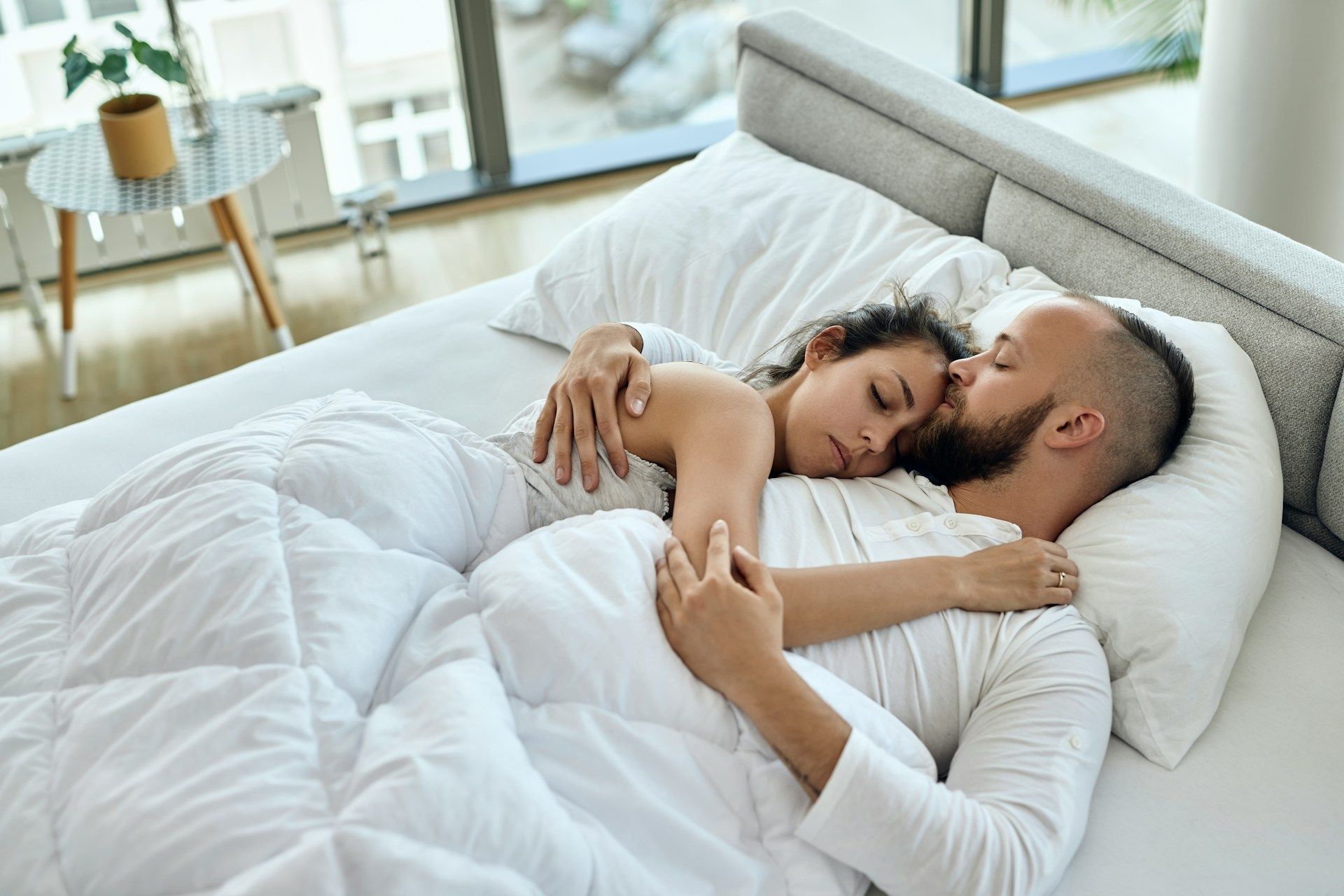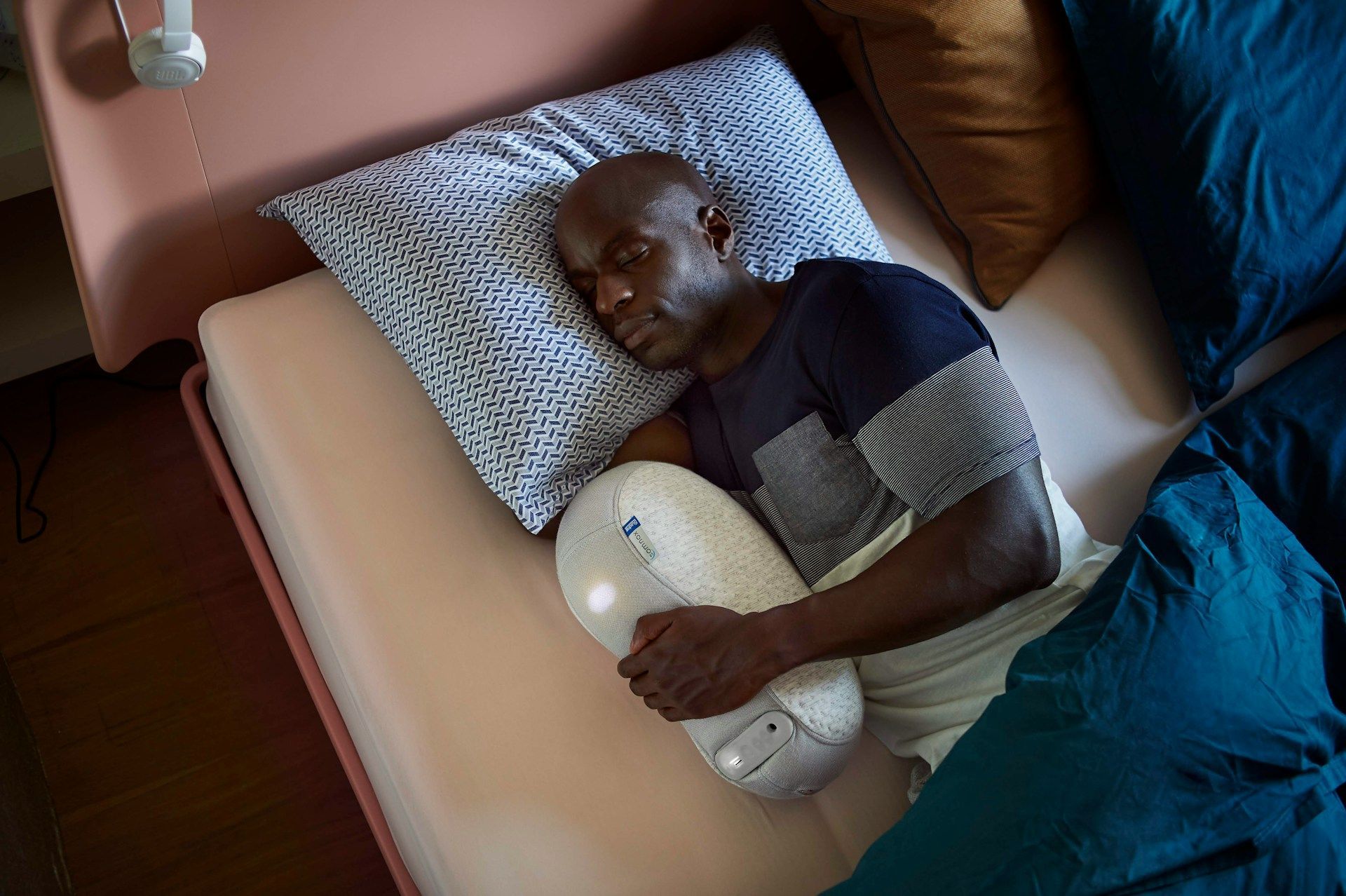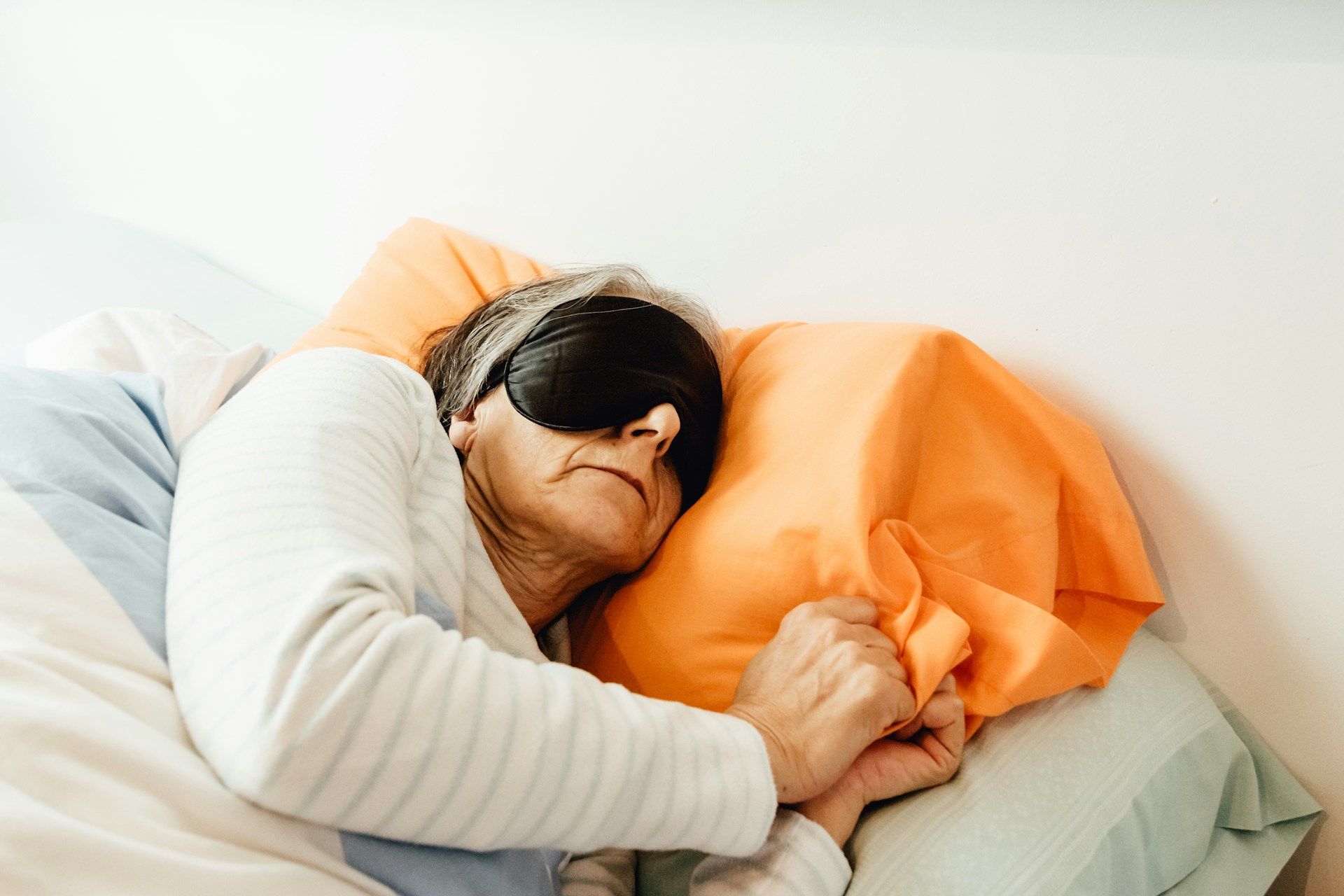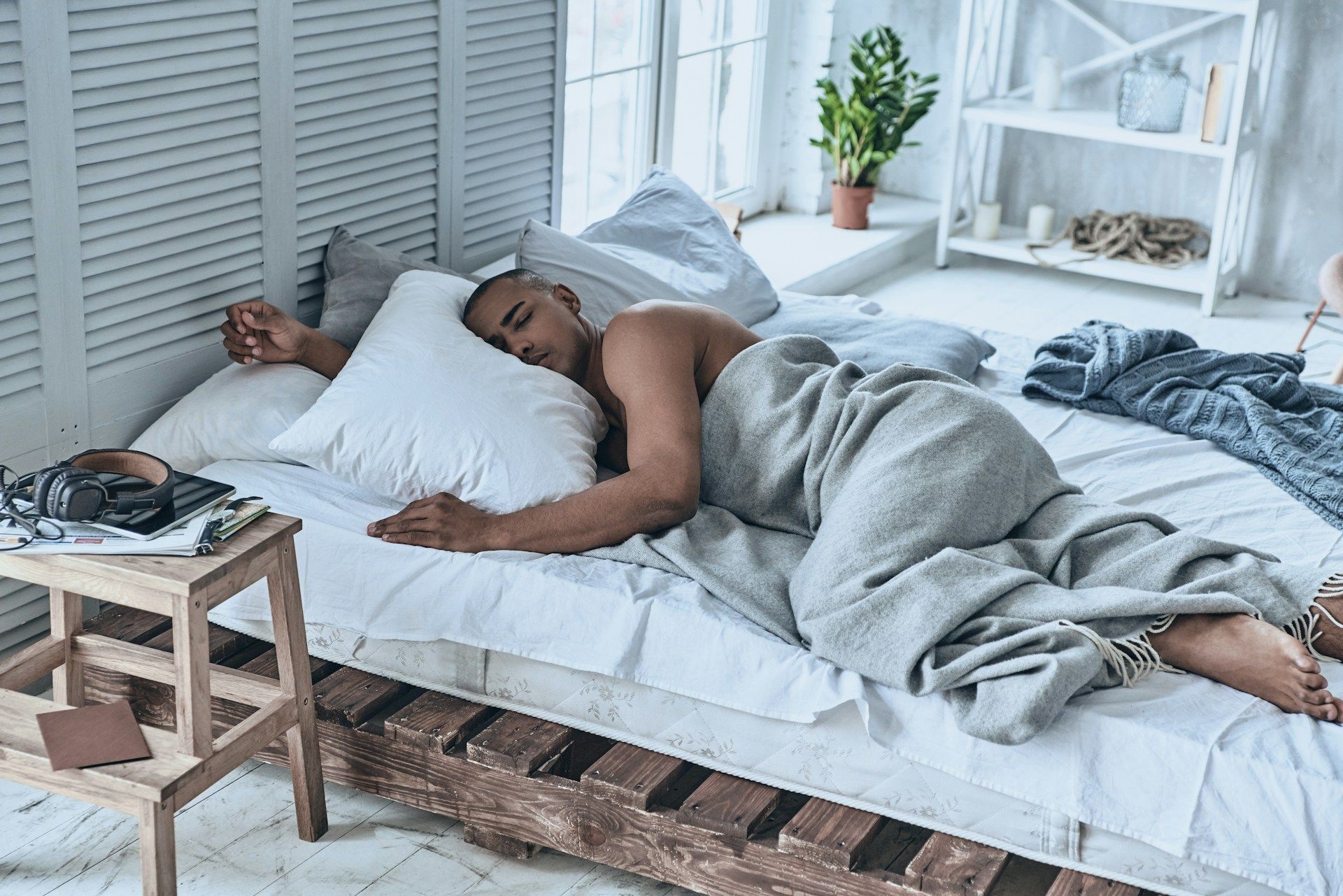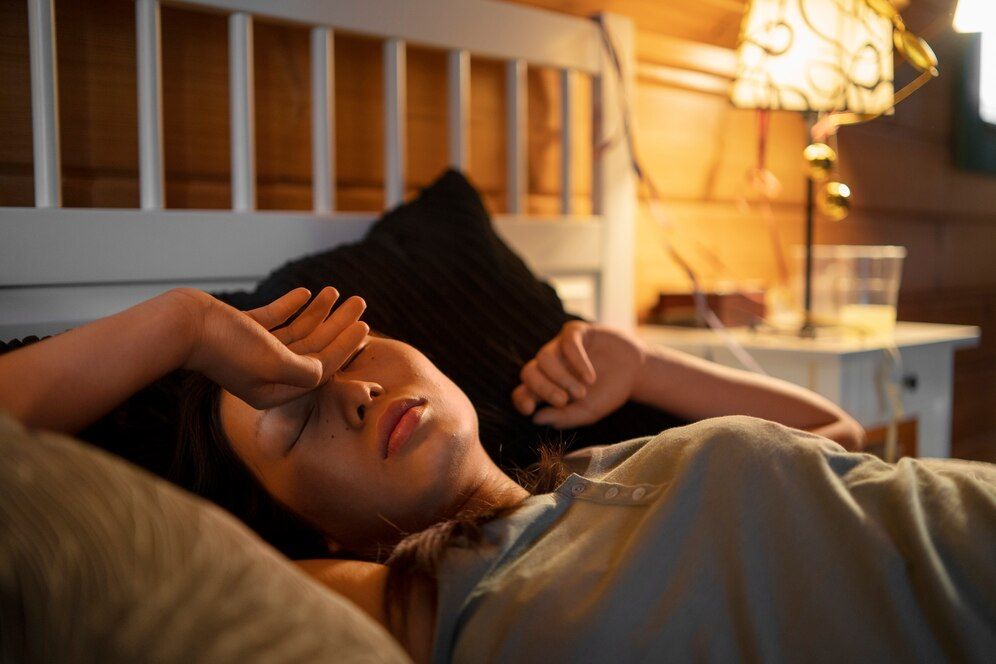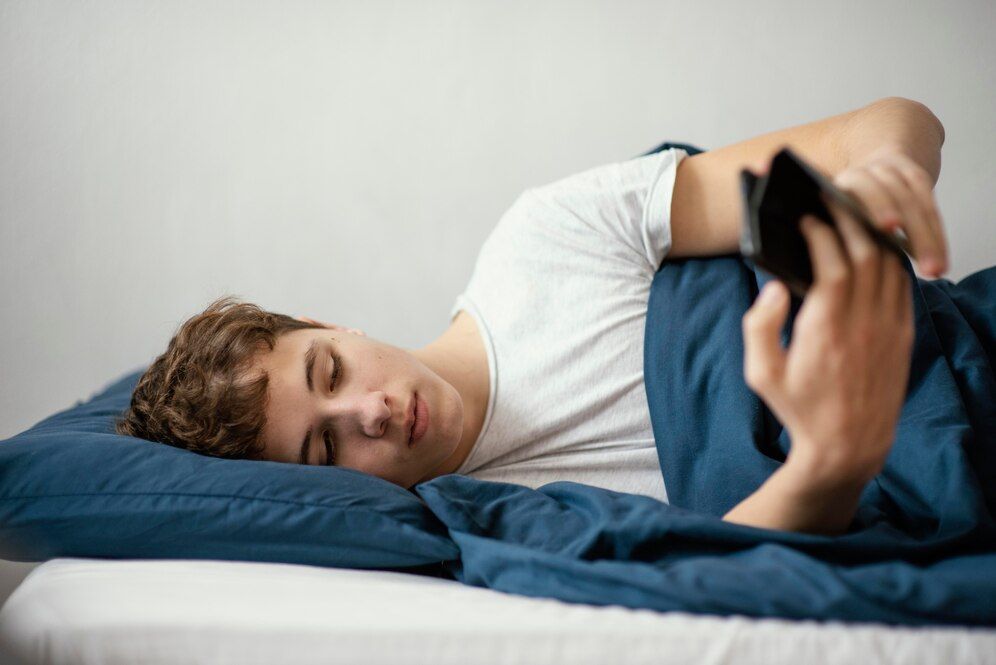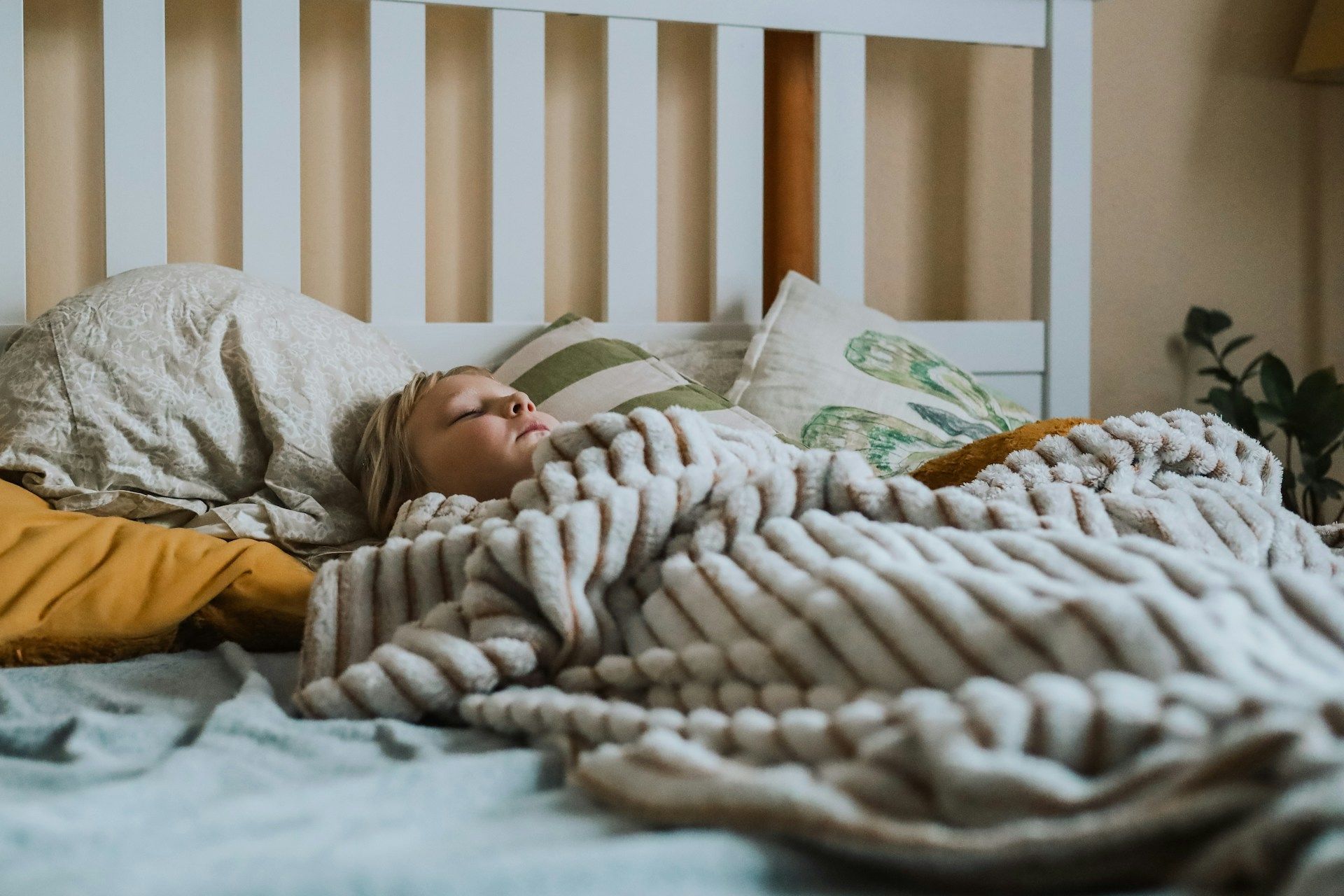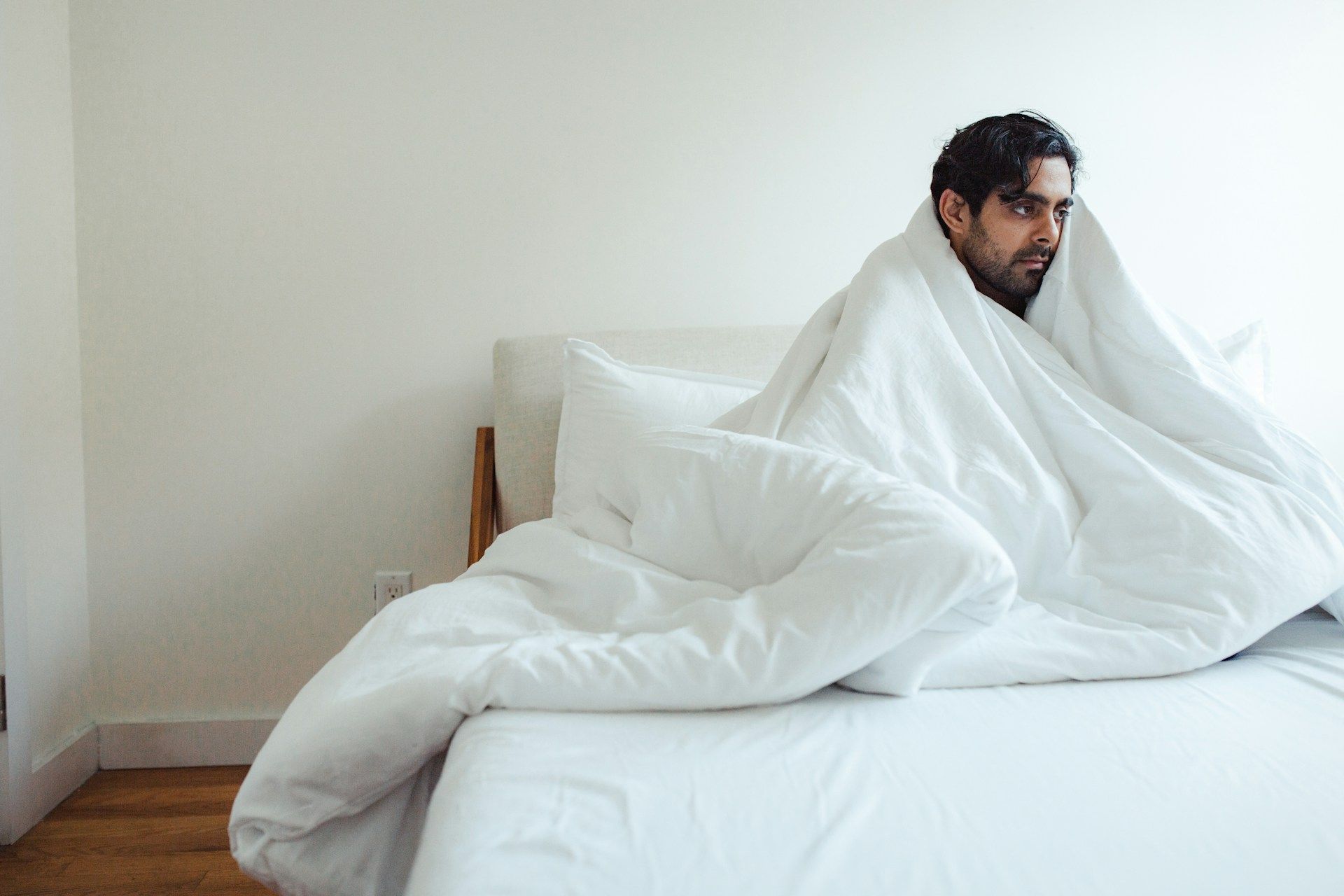Alternative Treatments for Sleep Apnea: Exploring the World of Non-CPAP Solutions
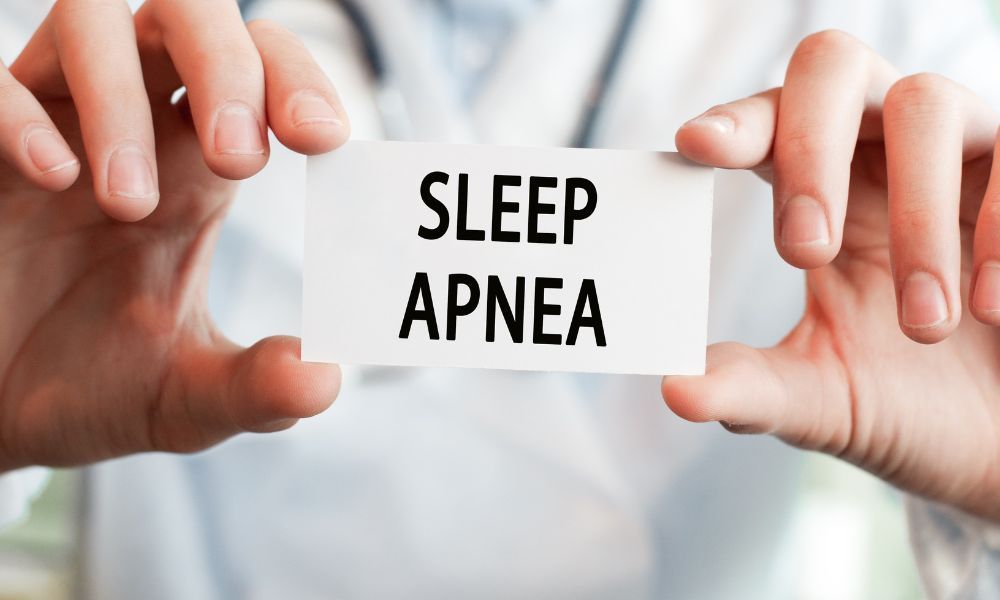
Sleep apnea affects millions of people worldwide, disrupting their sleep quality, overall well-being, and the ability to live healthy lives. Sleep Advantage, a sleep apnea treatment center in Arlington, WA, specializes in caring for patients who struggle with snoring or are intolerant to CPAP therapy. While continuous positive airway pressure (CPAP) machines are among the most commonly prescribed treatments for sleep apnea, they may not be suitable or tolerable for everyone. As a result, Sleep Advantage is dedicated to exploring and providing alternative treatments for those seeking non-CPAP solutions.
This article will examine various alternative treatments, detailing their functions, benefits, and implementation. Among these alternatives are oral appliance therapy, positional therapy, and various lifestyle modifications, all targeted at reducing sleep apnea symptoms and promoting better sleep. Additionally, we will focus on the importance of personalized assessment and professional guidance in determining the most suitable treatment approach for each individual.
As a sleep apnea treatment center, Sleep Advantage is committed to supporting patients in finding the most appropriate and effective solutions for their unique situations. By addressing individual needs and preferences while providing tailored strategies, Sleep Advantage aims to improve the lives of those affected by sleep apnea.
Oral Appliance Therapy
One popular alternative to CPAP for sleep apnea treatment is oral appliance therapy (OAT). OAT consists of custom-made devices that fit into the mouth, much like a sports mouthguard or orthodontic retainer. These devices typically work by repositioning the jaw and tongue to maintain an open airway during sleep, reducing the likelihood of sleep apnea symptoms.
Advantages of oral appliance therapy include:
- Comfort: Many users find OAT more comfortable than CPAP, as it does not require wearing a mask or dealing with air pressure.
- Portability: Oral appliances are small and easy to pack, making them ideal for travelers or those with limited space.
- Quiet: Unlike CPAP machines, OAT devices produce no noise, leading to a more peaceful sleep environment for both users and their partners.
Positional Therapy
In some cases, sleep apnea symptoms can be alleviated by adjusting one's sleep position. Positional therapy involves using specialized devices or pillows to promote sleeping on one's side rather than on the back to help maintain open airways. This technique can be especially helpful for individuals with mild to moderate sleep apnea or those experiencing positional obstructive sleep apnea (POSA).
Advantages of positional therapy include:
- Non-Invasive: As there is no need for additional equipment in the airway, positional therapy offers a less invasive approach to managing sleep apnea.
- Simple Implementation: Positional therapy typically involves using pillows or specialized sleepwear, making it easy to incorporate into bedtime routines.
- Affordable: Compared to CPAP machines and some oral appliances, positional therapy can be a more cost-effective solution for some patients.
Lifestyle Modifications
Certain lifestyle changes can help improve sleep apnea symptoms, either independently or in conjunction with medical therapies. Consider implementing the following adjustments:
- Weight Loss: Excess body weight, particularly around the neck, can contribute to airway obstruction. Losing weight may help alleviate sleep apnea symptoms in some individuals.
- Regular Exercise: Engaging in regular physical activity can promote weight loss, improve cardiovascular health, and encourage proper breathing patterns, all of which benefit sleep apnea management.
- Smoking Cessation: Smoking increases inflammation and fluid retention in the airway, exacerbating sleep apnea symptoms. Quitting smoking can lead to significant improvements in sleep apnea and overall health.
- Limited Alcohol Consumption: Alcohol relaxes throat muscles, which can worsen sleep apnea symptoms. Reducing alcohol intake, especially in the evening, can help maintain open airways during sleep.
Emerging and Experimental Treatment Options
In addition to the established alternative therapies mentioned earlier, new and experimental treatments are actively being researched for sleep apnea. While not yet widely available or fully validated, these advancements hold promise for further expanding treatment options:
- Hypoglossal Nerve Stimulation: In this treatment, an implantable device sends electrical impulses to the hypoglossal nerve, which controls tongue movement, preventing airway obstruction during sleep.
- Inspire Sleep Apnea Implant: The FDA-approved Inspire device is a neurostimulator that monitors breathing patterns and activates specific muscles to keep the airway open during sleep.
- Bariatric Surgery: For some individuals with obesity-related sleep apnea, bariatric surgery may offer significant improvements in both weight management and sleep apnea symptoms.
Seeking Guidance from Sleep Advantage
When considering alternative sleep apnea treatments, it's essential to consult with experienced professionals like the team at Sleep Advantage. They can offer personalized guidance, helping you determine the most suitable treatment for your unique needs. Key elements of the consultation process include:
- Comprehensive Assessment: Conduct thorough evaluations to understand your sleep apnea's severity, identify potential triggers, and determine your specific needs and preferences.
- Discussion of Treatment Options: Presenting various treatment alternatives, alongside their potential benefits and drawbacks, to enable informed decision-making.
- Monitoring Progress and Adjustment: Providing ongoing support and regular follow-ups to ensure treatment effectiveness and make modifications as needed.
Conclusion
For those seeking non-CPAP solutions for sleep apnea, a variety of alternative treatment options await exploration. By considering the diverse needs and preferences of individuals, Sleep Advantage is dedicated to providing comprehensive care and guidance through the world of alternative treatments. With the right approach, it's possible to enjoy better sleep quality and overall well-being without solely relying on CPAP machines. Don't hesitate to seek professional advice and explore the best course of action suited to your unique situation.
Are you tired of struggling with sleep apnea and snoring? Look no further than Sleep Advantage, the leading sleep apnea treatment center in Arlington, WA. Our team of experts specializes in caring for patients who are CPAP intolerant or who struggle with snoring.
At Sleep Advantage, we understand that sleep apnea can be a serious and frustrating condition, which is why we offer personalized treatment plans tailored to your specific needs and preferences. Our team of experts will work with you to find the best treatment options to help you get the restful sleep you deserve.
Don't let sleep apnea and snoring hold you back from living your best life. Choose Sleep Advantage and let us help you get the oral device for sleep apnea to improve your sleep and overall health. Contact us today to learn more about our services and start sleeping better tonight.
Disclaimer:
Our blog articles serve to educate readers about various treatment options for sleep apnea and TMJ disorders. It's important to understand that while we discuss multiple treatments in our posts, not all of these options may be accessible at our clinic. We encourage you to reach out and schedule a consultation with us. This way, we can carefully devise a personalized treatment plan that caters to your specific needs.

